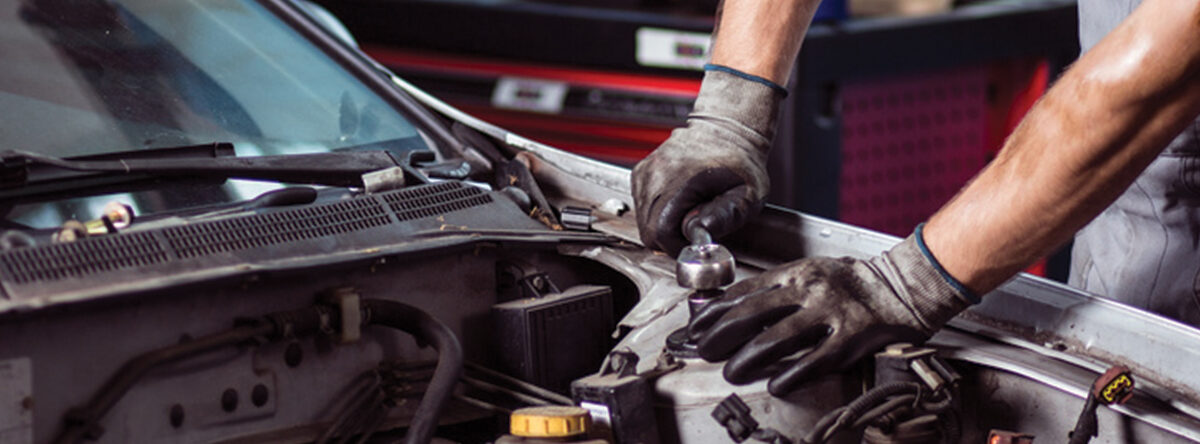
Essential Questions for Your Attorney Before Opening an Auto Repair Shop
Though your business model may be simple, automotive repair shops are liable for a large variety of risks and often run into complicated legal arguments. Because there are so many regulations surrounding how and where auto repair shops are allowed to operate (aside from the usual business regulations and obligations), a top priority for the new auto shop owner should be to get legal advice from a good attorney, preferably one that specializes in garage liability.
Before even opening the shop, a business attorney can help you navigate which permits and licenses to apply for with the local government. This will ensure your shop is above board and ready to operate with the right tax filing procedures, the physical location is zoned properly and that the employees are in compliance with local fire and safety codes. Mechanics often work in harsh conditions and with hazardous materials, hence the long checklist of safety guidelines for the workplace alone. An attorney can point you in the right direction with this as well so that your shop passes any safety inspection with flying colors.
Apart from general business regulations and legalities, here are a few points you should discuss with an attorney that are specific to auto repair shops before opening day:
Liability insurance:
While you may be the expert in vehicles and know the scope of services you want to provide, an attorney can help you determine the best insurance policies to buy for your space and your employees. It’s important to remember that, as an auto repair worker, your customer’s vehicles are under your care, and you could be held liable for any damages and/or accidents that occur while they are in the shop or in the hands of one of your mechanics.
However, in the eyes of the law this line of responsibility gets murky depending on how and where an accident occurs and what type of insurance the shop is using to make a claim. A lawyer who is familiar with the relevant legal issues or who has handled a claim between an auto repair shop and a customer could save you a lot of time and energy.
So before opening your shop, the topics you might want to discuss with an attorney concerning insurance include:
What situations would I be liable for if a customer filed a claim against me?
What information do I have to disclose to customers when giving them an estimate?
What exactly do my insurance policies cover?
Of course, on a case-by-case basis you will have more specific questions to your attorney, but those general questions are good conversations to have to know what to expect for potential conflicts with customers.
Mechanic’s Lien
While this term often applies to general contractors and subcontractors in other industries, it is particularly relevant to auto repair shop owners and just like insurance, could come in handy when difficulties arise between the shop and a customer. A mechanic’s lien is a legal claim against a person’s property, typically used when a mechanic doesn’t receive payment for a service from the customer. For example, if a customer doesn’t pay for a service in a timely manner according to business policy, the shop owner can keep and even sell the vehicle to recoup any financial losses or burden.
Again, it’s good practice to speak to an attorney if this particular situation arises so that any potential civil case is met with strong documentation to protect the business. An attorney can help you draft clear and precise policies surrounding how to provide estimates for services that comply with state laws, ensuring that customers know what to expect in the event of any disputes about payment.
Unfair and Deceptive Practice Laws
Every state has a slew of laws concerning how auto repair shops operate and how they should communicate their services to customers to protect customers from unfair and deceptive practices.
Before opening your shop, an attorney can go over these laws with you to make sure you meet state requirements when you create the policies around the services you plan on offering. Covering everything from predatory lending and automobile sales, same-day repair policies, correcting poor repair work, and establishing a price list, UDAP laws help protect the customer from mechanics who might want to take advantage of their lack of technical knowledge. They also protect the auto shop owner from implementing policies and making operational errors that can lead to civil court cases.
Sources:
https://www.auto.edu/blog/opening-an-auto-repair-shop-6-things-you-should-know/
https://www.legalmatch.com/law-library/article/automobile-mechanic-liability.html
https://realestate.findlaw.com/owning-a-home/understanding-mechanic-s-liens.html

